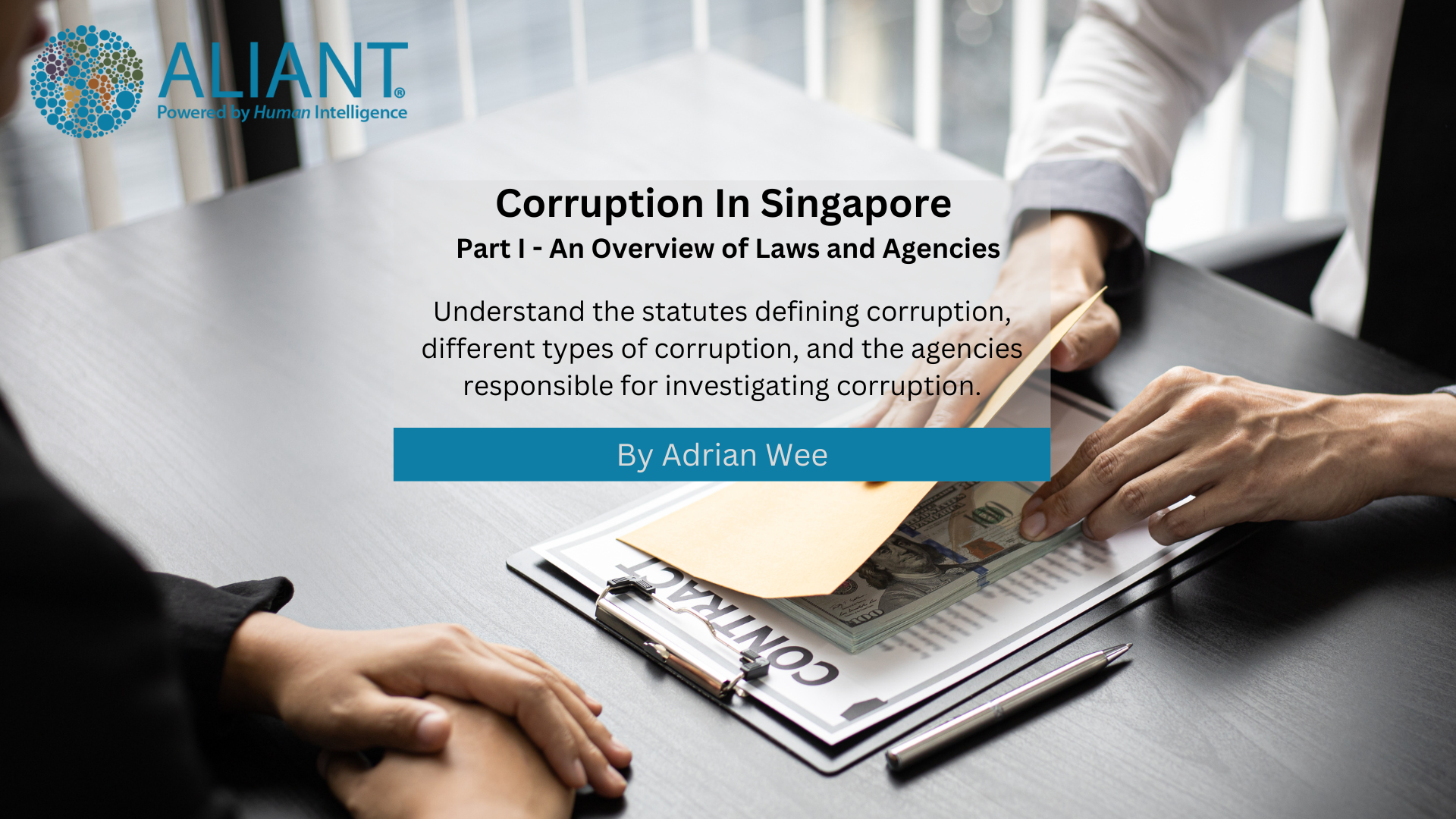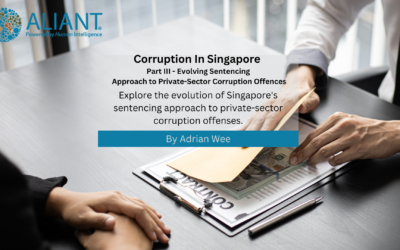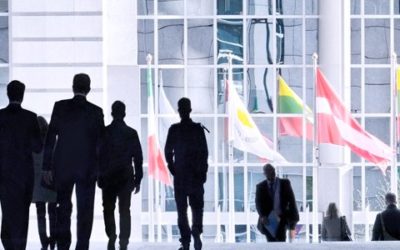Corruption in Singapore Part I – An Overview of Laws and Agencies.
Singapore has long had a reputation for low levels of corruption, thanks in large part to its commitment to transparency, good governance and robust enforcement. However, the city-state has recently been rocked by a series of high-profile corruption cases, including government-linked Keppel Offshore & Marine Ltd’s involvement in payments to officials at Petrobras and, more recently, an investigation involving, among other persons, Minister S. Iswaran.This article, which the first of a series of articles on Corruption in Singapore, aims to provide a basic overview of corruption under Singapore law, covering the statutes defining corruption, different types of corruption, and the agencies responsible for investigating corruption.
1) Statutes Setting out the Offence of Corruption In Singapore:
The primary legislation addressing Corruption in Singapore is the Prevention of Corruption Act (PCA), enacted to safeguard the integrity of public administration and promote transparency in the private sector. The PCA serves as the cornerstone of Singapore’s legal framework in combating corruption, while other related statutes like the Penal Code also address corruption-related offences.
2) Definition of corruption
The PCA defines corruption broadly, encompassing both public and private sector corruption. In essence, the PCA makes it an offence for a person to offer, promise or give something (described as “gratification” in the PCA”) in order to influence the behaviour of another person in the performance of his or her professional or official duties. There are corresponding offences for the receiver of such gratification.
It is important to note that gratification is not limited to financial benefits. Examples of non-financial advantages which constitute gratification include gifts, loans, services, or favours.
3) Important distinctions
There are a number of frameworks commonly used to categorise and distinguish between different forms of corruption. These broadly track factors which sentencing courts use to determine the severity of a corruption offence and corresponding punishments.
For example, corruption involving public officials (e.g. the abuse of authority to obtain illicit benefits) is typically regarded as more serious than corresponding offences in the private sector (e.g. bid-rigging, payments for contracts and match fixing).
Singapore courts also take into account the impact of the corrupt acts on strategic industries as well as Singapore’s reputation and integrity both locally and overseas.
Lastly, the harm caused by a corruption offence is typically assessed by reference to the amount of gratification obtained or offered as well as the financial impact upon the recipient’s principal.
4) Investigating Corruption in Singapore:
The Corrupt Practices Investigation Bureau (CPIB) is the dedicated agency responsible for investigating and preventing corruption in Singapore. Established in 1952, the CPIB operates independently and reports directly to the Prime Minister’s Office. It possesses extensive powers to conduct investigations, including the ability to summon witnesses, seize documents, and make arrests.
The CPIB collaborates closely with other law enforcement agencies, such as the Singapore Police Force and the Commercial Affairs Department, to tackle corruption-related offenses. In addition, the CPIB maintains a robust Whistleblowing Program, encouraging members of the public and private sector employees to report corruption anonymously.
Recent developments have shown that, while Singapore’s “zero-tolerance” stance on corruption has been effective, it has proven to be extremely difficult to stamp out corruption entirely. How is corruption dealt with in your part of the world? Do you think tough enforcement is sufficient? If not, what more can be done? Let us know!
Check back often for the next article in this series on corruption in Singapore. In the meantime, if you have any queries, please get in touch. We would love to hear from you.



